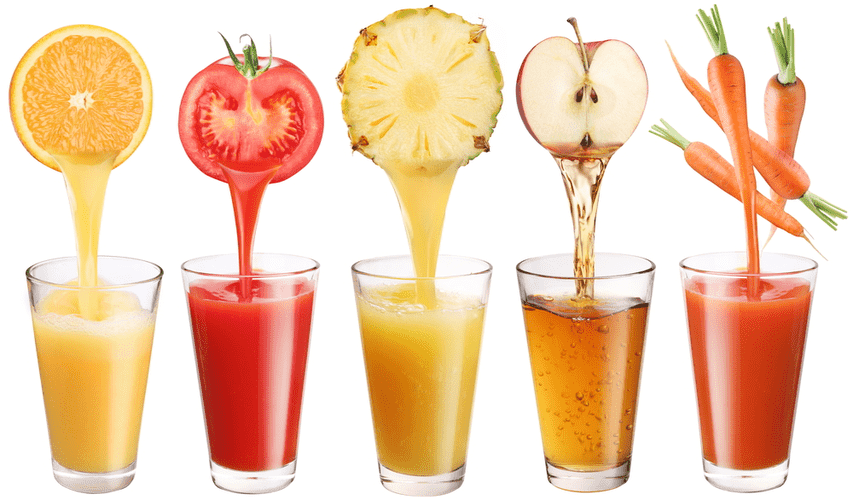Content
BetterHelp offers affordable mental health care via phone, video, or live-chat. Depending on the severity of the disorders, you may need more intense treatment, such as outpatient care, integrated assertive community (ACT) treatment or a residential stay, which may be required to begin or continue your recovery journey. Depending on your intoxication level, you may experience decreased inhibition, loss of judgement, confusion, and mood swings, among others.
Fortunately, people who become irrationally mad when drunk can work to prevent and treat their behavior. Overall, exhibiting one or a combination of the above factors can increase your chances of becoming angry when intoxicated. If you believe you or someone you love may be struggling with addiction, let us hear your story and help you determine a path to treatment. They are peer-led organizations dedicated to helping each other remain sober. Support groups can be the first step towards recovery or part of a long-term aftercare plan. Outpatient treatment is less intensive than inpatient treatment or partial hospitalization programs.
The Relationship Between Anger and Aggression
People with higher levels of testosterone are more likely to be aggressive. Alcohol severely decreases cognitive function, which makes it harder to problem-solve, make safe decisions, and control aggression. However, it can be harmful and destructive if you cannot control your anger. Depression can also be directly caused by alcohol in the case of a substance-induced disorder.
Anger can be one of the most triggering emotions, so it’s important to create a strong plan for handling feelings of anger when they do arise in early sobriety. Ultimately, finding ways to truly process anger will allow it to become less intense, less frequent, and more manageable over time. Negative and positive emotions have an impact on the way you act and feel, which means that depression and anger can affect the choices you make and the behaviors you engage in. If anger is a https://ecosoberhouse.com/article/essential-tremor-alcohol/ symptom of someone’s mental health disorder, alcohol can intensify the anger to dangerous levels. Instead of being a natural emotion, someone with an alcohol use disorder (AUD) will express anger to avoid dealing with unpleasant or adverse circumstances, including the addiction. “Therapeutic interventions designed to address both issues often include a focus on addressing emotional pain or trauma, as well as developing and practicing healthy coping behaviors,” says Dr. Kennedy.
What Causes Alcohol-Related Anger and Aggression?
Experiencing anger throughout the various challenges of early sobriety is incredibly normal and valid. It doesn’t mean you can’t still make meaningful progress and reach your moderation or sobriety goal. Once you’re able to recognize and accept where your anger is coming from, you can begin to process it in healthy ways. Support groups such as Alcoholics Anonymous (AA) and Self-Management And Recovery Training (SMART) are open to anyone with a substance use disorder. Disulfiram (Antabuse), acamprosate (Campral), and naltrexone are the most common medications used to treat AUD. These programs organize your treatment session based on your schedule.

Expressive therapies provide healthy, and often nonverbal, outlets for the expression of negative and difficult emotions. Finally, support groups provide encouragement and hope for recovery. Mood stabilizers, antidepressants, or anti-anxiety medications can all help to regulate and control negative alcohol depression and anger emotions, during both detox and treatment for anger management and alcohol addiction. After detox, individuals suffering from co-occurring disorders often proceed directly into a residential treatment program where structured around-the-clock programming can help to manage both disorders.
Risk Factors for Alcohol Misuse in the Elderly
PDA (arc sine transformed) and DDD (logarithmic transformed) measures were calculated for the pretreatment (six month) period, the treatment period and the six posttreatment month periods. Alcoholics Anonymous, one of the country’s oldest and most prestigious group support programs, has long recognized the link between alcohol and anger. Therefore, most AA support groups encourage members to explore anger as part of their recovery. At least one academic study indicates that AA members who attend sessions regularly and commit to the 12-step framework see a reduction in anger while getting sober. Unfortunately, drinking can also contribute to mental and mood problems as well.
But this does not mean alcoholism cannot lead to depression, especially alcohol and depression the next day. Alcohol use disorder, or AUD, is not only detrimental to the individual struggling with their drinking. AUD affects everyone around them, from loved ones to colleagues to friends. In fact, drinking too much can not only cause lasting physical damage but can leave behind deep emotional scars, too.
By seeking recovery for problems with alcohol and anger, you can work toward a more positive life. Start by thinking about your feelings regarding alcohol and anger. Have family members or others mentioned concerns about your alcohol consumption? Did you recently experience an incident that stemmed from your alcohol-related aggression?
- Alcohol dependence and significant alcohol involvement not reaching the level of dependence are often comorbid with a variety of anger-related consequences including interpersonal violence and conflict (Chermack et al., 2010).
- Alcohol consumption reduces negative emotional states, including anger, and is negatively reinforcing via tension reduction (Sher & Levenson, 1982).
- For example, if you’re intoxicated, you might perceive someone bumping into you by accident as a provocation and respond aggressively.
- Read says that talking to someone can help you feel less alone, help lighten the load of your concerns, and help you look at your circumstances differently, making them easier to handle.
- As you become more self-aware, you’ll make better choices about alcohol consumption.
